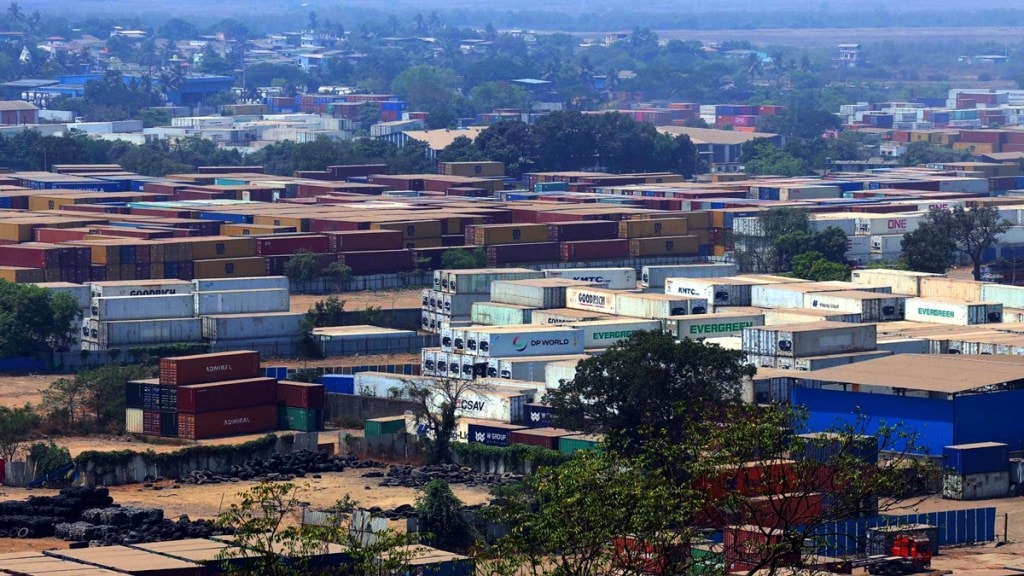In the interest of “national security and public policy”, the government on Saturday banned with immediate effect all imports from Pakistan, docking of ships at each others’ ports, and any exchange of mail and parcels between the two countries.
Though the 200% import duty imposed on Pakistani goods in 2019 after the Pulwama terror attack had effectively halted direct imports, this decision, notified by the Directorate General of Foreign Trade (DGFT), also prohibits entry of Pakistani goods routed through third countries. India’s exports to Pakistan in April-January 2024-25 stood at $447.65 million, while imports were a meagre $0.42 million, largely limited to niche items like figs ($78,000), basil and rosemary herbs ($18,856), certain chemicals, and Himalayan pink salt.
Following escalation of tension between the two countries after the Pahalgam attack, Pakistan had late last month stopped all imports from India.
The directorate general of shipping in a separate notification said any ship bearing the Pakistan flag shall not be allowed to visit any Indian port. Similarly, no Indian ship will dock at any Pakistani port. “This order is issued to ensure safety of Indian assets, cargo and connected infrastructure, in public interest and for the interest of Indian shipping,” the notification said. Any exemption from this order shall be examined on a case-to-case basis, it said.
“The move to prohibit imports from Pakistan is mostly symbolic as India doesn’t depend on Pakistani goods, so the economic impact is minimal,” said founder of Global Trade Research Initiative Ajay Srivastava.
Prior to Pulwama and scrapping of Article 370, India’s exports to Pakistan in 2018-19 stood at $2.06 billion, which fell to $816 million in 2019-20. Imports from Pakistan fell from $494.8 million in 2018-19 to $13.97 million in 2019-20.
“However, Pakistan still needs Indian products and may continue accessing them through third countries via recorded and unrecorded routes,” Srivastava added.
While direct trade between India and Pakistan is small, $10 billion worth of Indian goods reach the neighbour annually through indirect channels, as per GTRI estimates. To get around trade restrictions, the goods are routed through ports in Dubai, Singapore and Colombo. Explaining the route this trade takes, GTRI said Indian firms send goods to these ports, where an independent firm offloads and stores the products in bonded warehouses at ports, where goods can be stored without paying duties while in transit. Here, the labels and documents are modified to show a different country of origin. Indian-made goods may be re-labelled as ‘Made in UAE’, for instance. After this change, they are shipped to countries like Pakistan where direct trade with India is not allowed.

